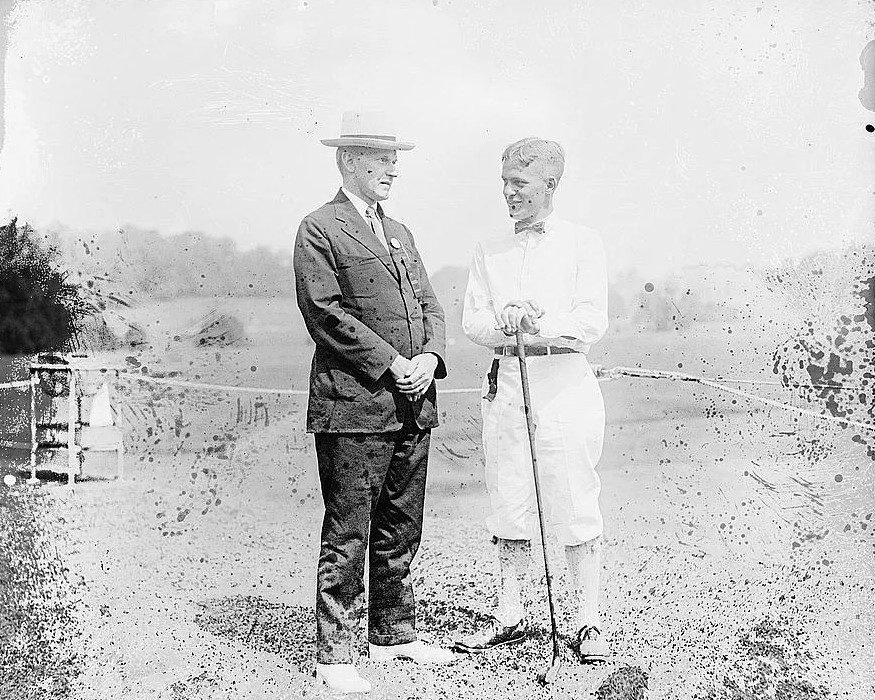James Simpson did not invent chloroform, but he did study the effects.
After much consideration, I have decided that some scientific research might be better served if the scientists who do it suffered the fate of Simpson. At a minimum, I recommend that scientist who do studies criticizing something or some group be required to show the impact of implementing their work, at least in a footnote. I offer the following example.
This spring, an article entitled “Bad dog? The environmental effects of owned dogs " appeared in Pacific Conservation Biology. The authors contended that dogs are bad for the environment.
The article abstract says,
(I think the use of the term multifarious is a bit strong.)
Given this scathing report, I am delighted that I do not own a dog. Of course, I did have a dog, Max, who passed away about a year and a half ago. Fortunately, there are no statues of me anywhere that can be destroyed because of my dog ownership history.
The individuals who conducted this study must be right. After all, dogs do have to excrete bodily waste, and scientists are never wrong, except for those who thought the world was flat. Dogs chase squirrels and birds. They do go swimming.
However, in my defense, it must be pointed out that Max was always leashed, and he only barked at squirrels and birds. He was not allowed to chase them. I was tempted to let him chase the geese that deposit bodily waste all over my neighborhood.
It is also essential to point out that my dog never went swimming except in my neighbor’s swimming pool. It already had enough chemicals that I doubt my dog added much to the pollution equation.
Accepting that dogs are a menace to the world and that the authors conducted their research properly, I highly recommend that we examine the other side of the coin. Dogs are noted for extending the life of human beings.
The American Heart Association (AHA) claims that owning a dog has positive benefits. The AHA has noted that:
1. Studies show that dog owners may live longer than non-dog owners.
2. Owning a dog may reduce your risk of dying from a heart attack or stroke by 31%.
3. There was a link between people with prior heart events who had a dog living at home with a 65% reduced risk of death.
4. One study showed dog owners who walk their dogs regularly may face one-third the risk of diabetes of those who don’t own a dog.
5. Dog parents may have a higher likelihood to reach their fitness goals than those without canine companions.
6. Pet companionship may provide important social support and is a powerful predictor of behavior changes that can lead to weight loss.
7. Dogs can help with chronic conditions and prevent chronic disease.
8. Pet ownership is an important form of social support that can benefit patients with heart disease or stroke.
9. When we see, touch, hear or talk to our companion animals, we feel goodwill, joy and happiness. At the same time, stress hormones are suppressed.
10. Studies show that the mere act of petting a dog decreases blood pressure.
11. Having a pet can help increase fitness levels, relieve stress and boost overall happiness and well-being.
12. Dogs help ease people out of isolation or shyness. Studies find that owning and walking a dog increases social interaction.
13. Dog-owning families often promote physical activity within the household.
14. Dog parents are more likely to fit in the recommended level of physical activity than those who don’t have a dog.
It has even been found that patients who have had a stroke benefit from the companionship of a dog.
Think of the impact of eliminating dogs. The dog pet food manufacturers, the companies that make dog beds, and the companies that make homes for dogs (these are cages, but I have been told we cannot use that term anymore because it hurts a dog's feelings) would have to declare bankruptcy. Veterinarians would be devastated financially. The Westminster Kennel Club would have to switch to rabbits, hamsters, or some other less offensive animal. The world would be turned upside down.
Now, to defend the scientist's position, if we eliminated dogs, people would not live as long, and there would be less pollution--fewer people polluting the planet. However, since I am getting ready to buy a dog in September, I hope that we will not eliminate dogs.
I have a better idea. Why not charge dog owners a tax? The tax would be equal to the amount that a dog owner spends on their pet. Or, maybe some flat amount like $20,000 when you purchase a dog. Pet owners would pay the tax directly to a charity whose goal is to solve the pollution created by dogs. I do not want the federal government to handle anything other than defense because only 25 percent of the tax would reach those in need. Of course, this tax would be a bit socialistic. But people love their pets more than they love people, so they would not mind paying the tax. After all, a dog is a person’s best friend.
In lieu of a tax, we might allow people to own only dogs that weigh less than 13 pounds. I recommend this number because Max weighed less than 13 pounds. Or, maybe no one can own more than one dog. That would help some.
Even if a law were passed to ban dogs, some exceptions would need to be made. Guide dogs, rescue dogs, and police/military dogs should be allowed.
I encourage the authors of the article cited above to add a footnote pointing out that even though dogs are bad, they do help people. Scientists should study goose excrement. After all, most people do not want geese for a pet, and their excrement can be far worse than that of dogs.
The picture of Max was taken by Liza Bidwell two months before he passed.
If you have not read the blog that describes the "However View," click here.







